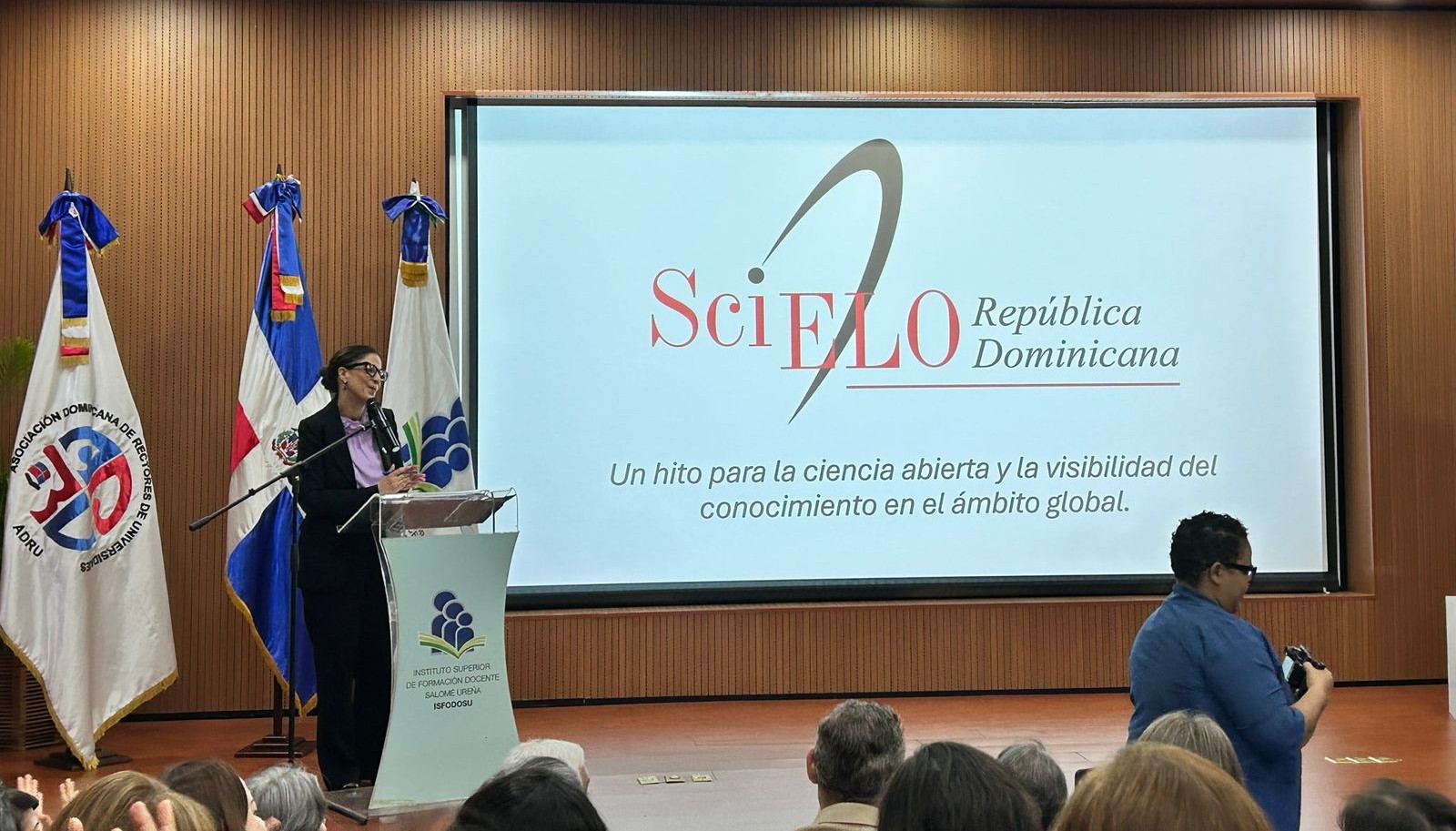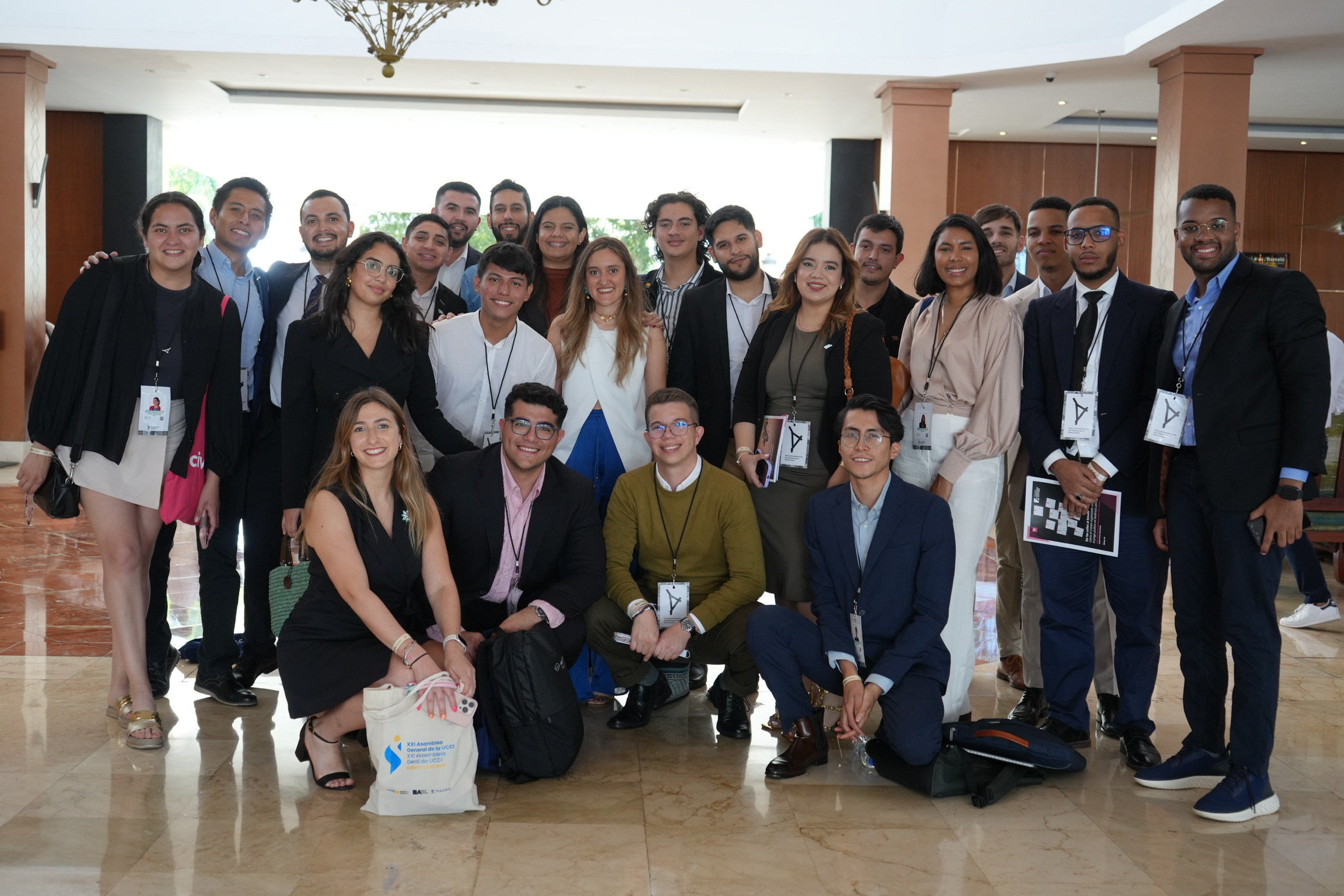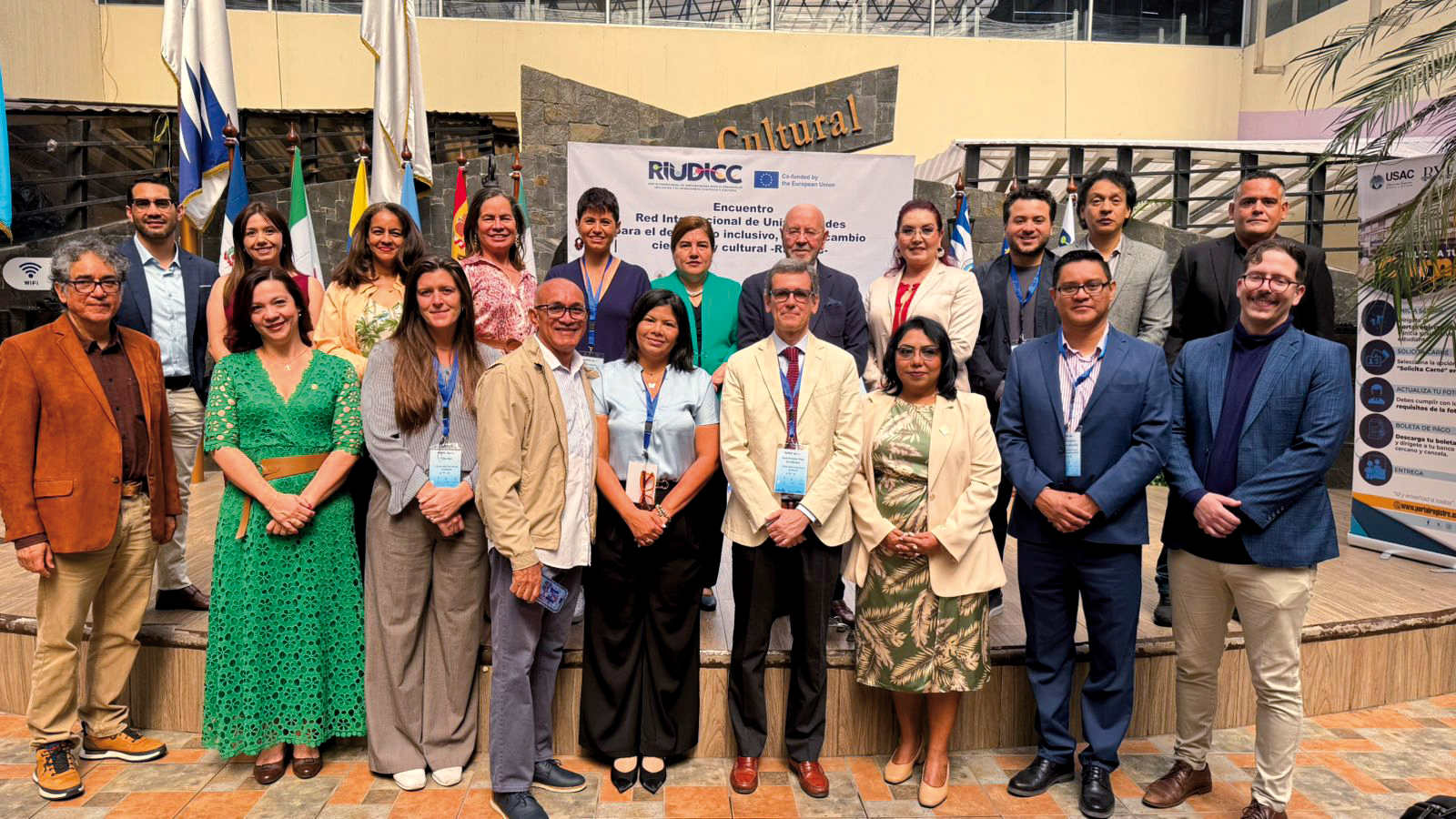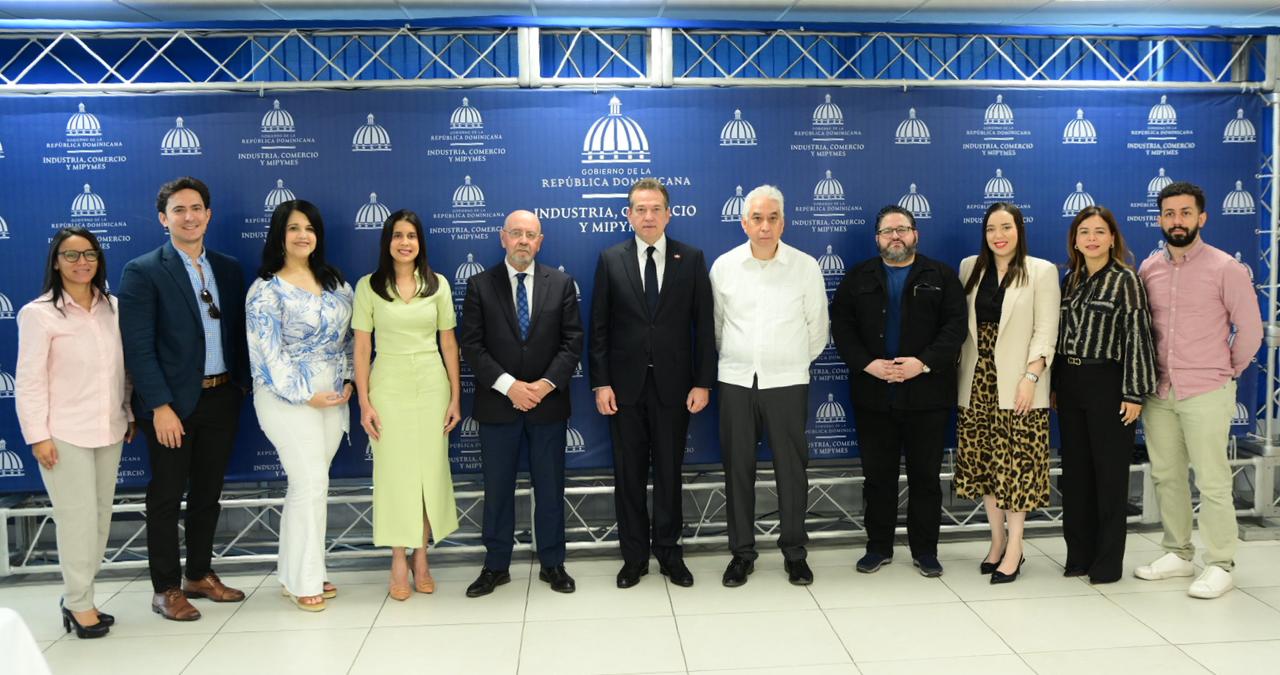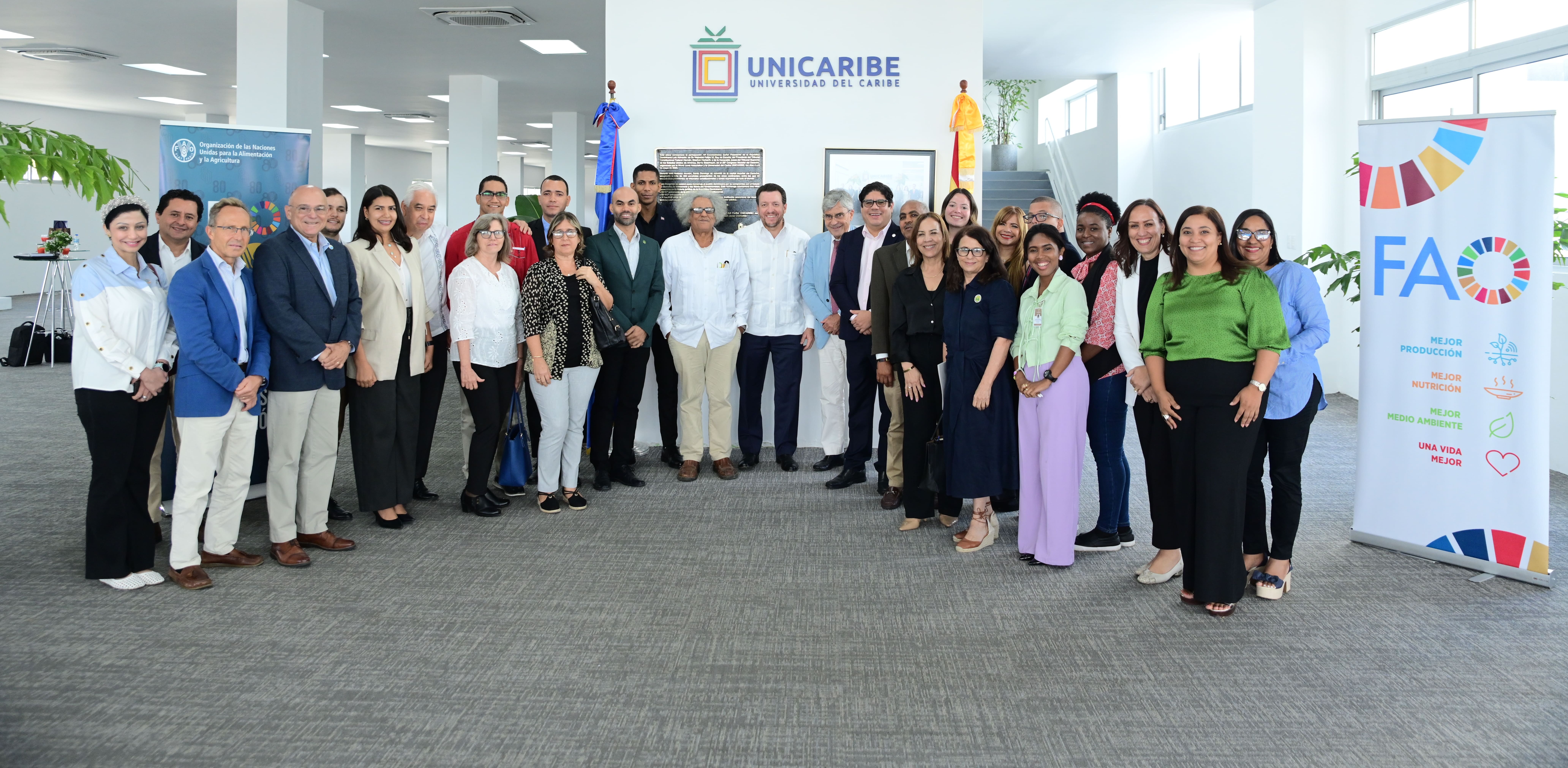The Universidad de San Carlos de Guatemala (USAC) and the Universidad del Valle de Guatemala (UVG) inaugurated the second meeting of the International Network of Universities for Inclusive Development and Scientific and Cultural Exchange (RIUDICC). The event, which took place August 27-29 in Guatemala City, is the first edition financed by the European Union, following its debut in Tuxtla, Chiapas (Mexico), earlier this year.
The academic event seeks to consolidate good practices in the management of international cooperation, with an emphasis on inclusion, sustainability and cultural diversity. Eight partner universities participated in person, reinforcing the international dimension of the network.
The opening ceremony was attended by the rector of the University of the Caribbean (UNICARIBE), Dr. Emilio Mínguez; the rector of the USAC, Dr. Walter Mazariegos, together with the secretary general, Dr. Luis Fernando Cordón. Also participating were the rector of the Universidad de Ciencias y Artes de Chiapas (UNICACH), Dr. Fanny López; the director of RIUDICC of the Universidad Complutense de Madrid (UCM), Dr. José Antonio Ruiz San Román; the head of RIUDICC’s Development and Capacities, Dr. Lucía Linares; and Dr. Carlos Alvarado, superior secretary of the Consejo Superior Universitario Centroamericano (Central American University Superior Council). University delegations from Guatemala, Mexico, Italy, Ecuador, Spain and the Dominican Republic participated in the meeting, confirming RIUDICC’s international vocation.
During his speech, Dr. Emilio Mínguez valued the shared learning and raised the importance of extending cooperation with the European Union to new contexts in the region. Dr. Fanny López highlighted the high participation of the representatives and the need to maintain a constant dialogue to strengthen internationalization processes. Along the same lines, Dr. Lucía Linares stressed the importance of “bringing together all the members of a diverse community, with the ambition of uniting different sensitivities to compose a clearer view of what we want to contribute”. Dr. Ruiz San Román emphasized that this diversity is “the initial seed of an alliance that must grow with the active involvement of all universities.
Second day of the RIUDICC International Meeting in Guatemala
During the second day of the meeting, the conference “Imagining cooperation in Higher Education: An ethical, inclusive and sustainable agenda” was given by Carlos Alvarado, Secretary of the Central American Higher University Council, and focused on the importance of cooperation to reduce South-South gaps.
Jean-Paul Tarby, Director of the Alliance Française of Guatemala, then presented a comparison of internationalization in the European context and the lessons that can be learned to develop projects such as the one represented by RIUDICC.
Likewise, Emilio Mínguez, rector of UNICARIBE, offered a proposal of actions and indicators to validate the international relations offices through a presentation entitled “How to build an international relations office that makes sense for its university community”.
Finally, several panels addressed, respectively, the role of cooperation offices and their contribution to university development, strategies for fund management and partnerships with the public and private sector, and an overview of the consortium’s international relations offices. Emphasis was placed on the synergies that must be created between universities and governments, as well as on the importance of aligning European and Latin American strategic policies.
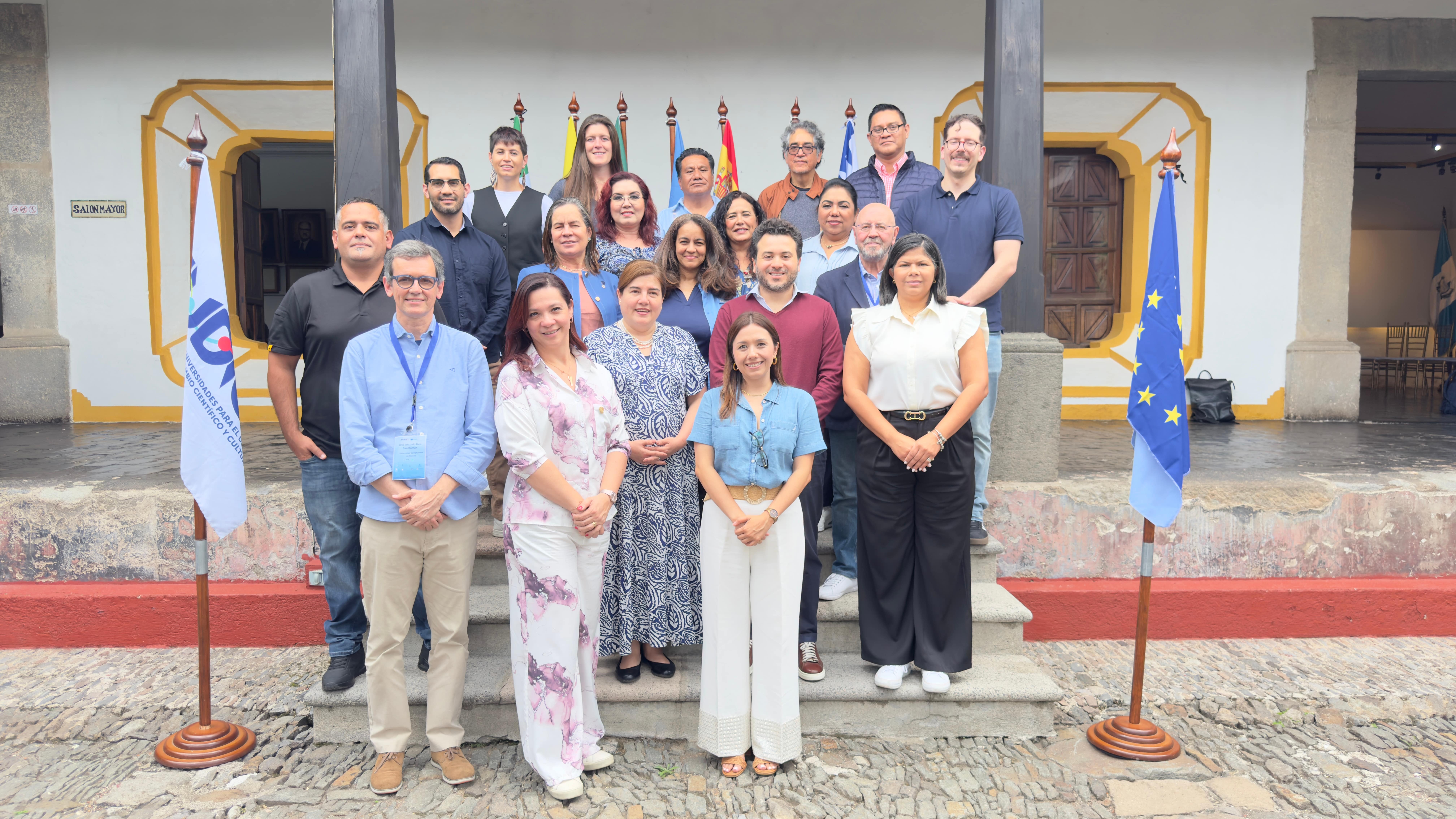
Workshop on Analysis of Barriers and Opportunities in University Internationalization
As part of the second meeting, a workshop was held to detect and reflect on the main barriers and opportunities perceived by students, faculty, administrative staff and academic authorities.
The workshop, designed, coordinated and energized by Alix van Zandt, head of Internationalization at UVG, and Lucía Linares, head of Development and Capacity Building at RIUDICC, allowed participants to discuss and reflect on the opportunities that internationalization offers to their institutions and to each of them. In addition, a specific space was dedicated to explain the main barriers that students, professors and university managers encounter in the internationalization process.
For their part, the faculty focused their analysis on shared research in international groups and projects, fundraising and the need to identify common interests in teaching and research.
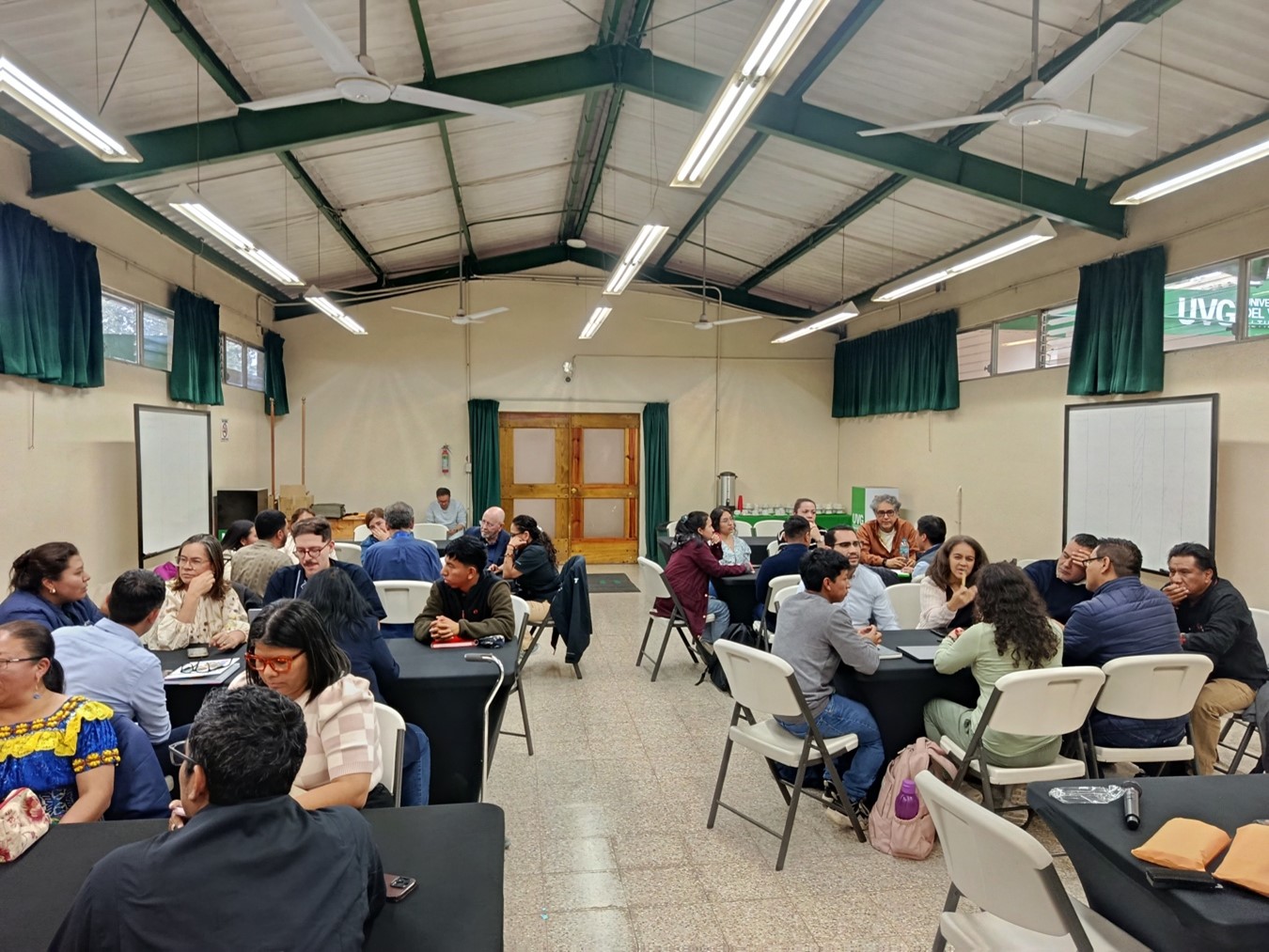
Author:
Rectory.
 Español
Español English
English


